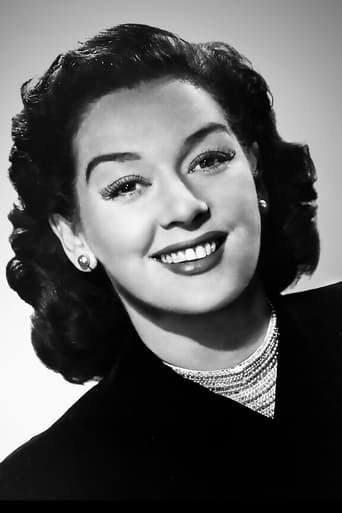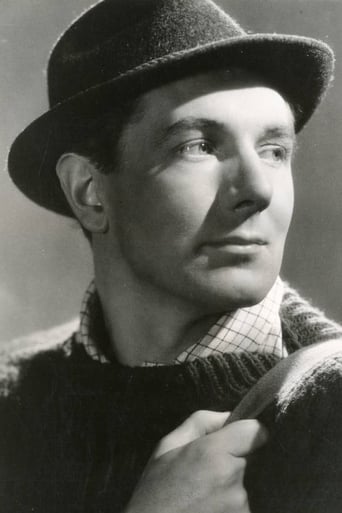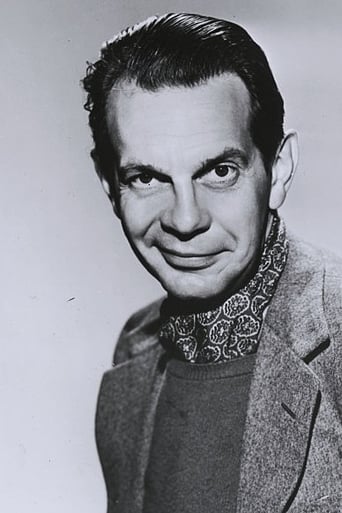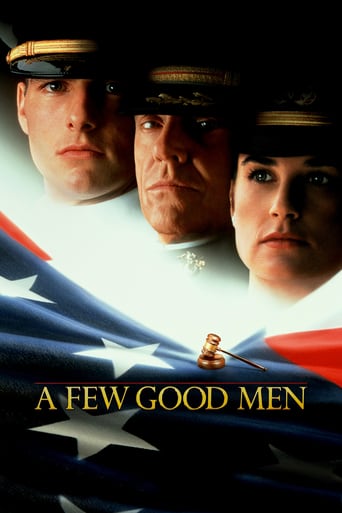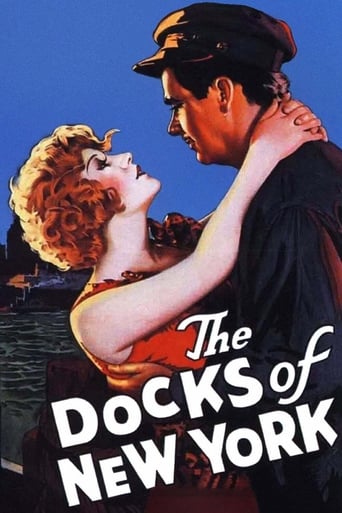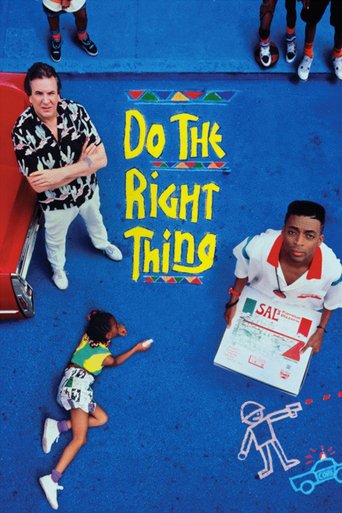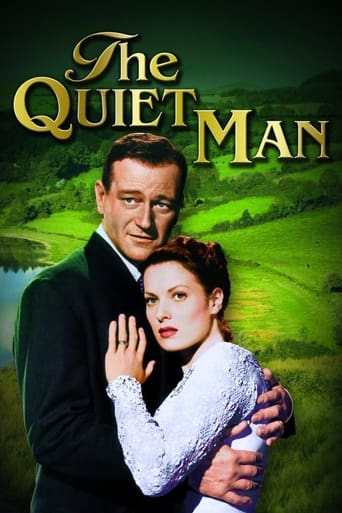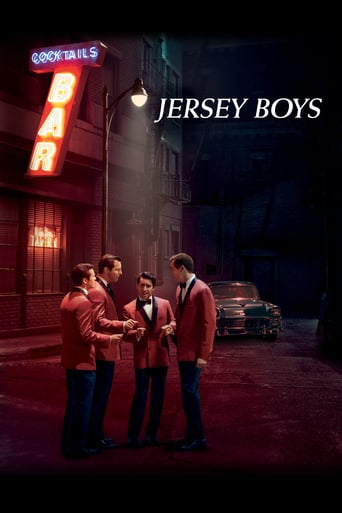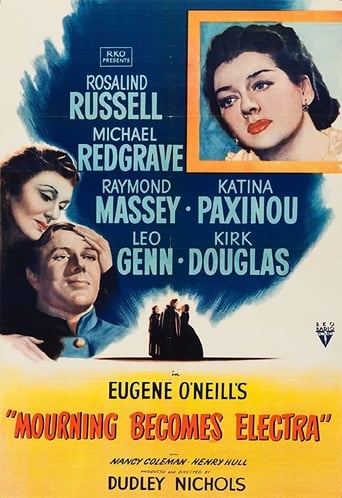
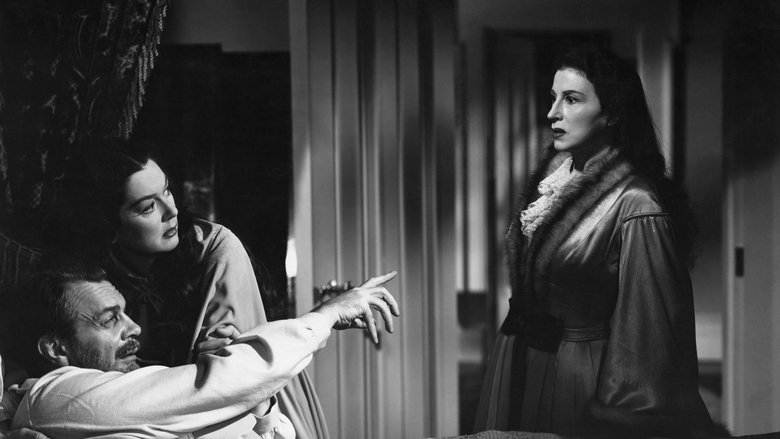
Mourning Becomes Electra (1947)
Near the end of the Civil War, the proud residents of Mannon Manor await the return of shipping tycoon Ezra Mannon and son Orin. Meanwhile Ezra’s conniving wife Christine and daughter Lavinia vie for the love of a handsome captain with a dark secret while well-meaning neighbor Peter sets his sights on Lavinia.
Watch Trailer
Cast


Similar titles
Reviews
The writing, direction and acting have joined forces into creating one of the most ludicrous concoctions I have ever witnessed. I love classic films and theatre and the acting greats involved usually do a fine jobs in other films,but this is their exception. Rosalind Russell who is an exceptional pro winds up being a prototype for Carol Burnett's Norma Desmond creation with Redgrave playing wide eyed mad as well! The Greek actress playing the mother Christine greedily chews the scenery and her moaning is a hoot ("Mother, don't moan.")! Even young Kirk Douglas tries to rise above the material, but soon is weighted down by the "melo-hammy" play, He does look quite relieved to leave his final scene. I was half expecting to see the wonderful Henry Hull turn to the camera and say,"You folks are lucky-you can leave..I have to stay here." If you want to have some real unintended laughs then I suggest this creaking groaner!
Rosalind Russell's Lavinia is engaged in a vicious war with her mother (Katina Paxinou) over the death of her heroic father (Raymond Massey) in this adaptation of Eugene O'Neill's Mourning Becomes Electra from RKO studios. The drama intensifies when a brother, played by Michael Redgrave, returns from battle in the Civil War. He is soon drawn into simmering family entanglements. With his sister, he commits murder against their mother's lover to avenge the father's death. The film offers an eclectic array of acting styles, though Dudley Nichols' direction seems to skillfully weave all the elements together. Kirk Douglas gives a standout performance in a supporting role, but it's the ambitious interpretation of family justice and the explosive recriminations that characters continually experience which render it a riveting story, a riveting film– and an undeniable masterpiece.
The full British version of this movie is now available on an excellent Image DVD, but I must admit I was disappointed. I'm very glad I wasn't subjected to the original USA release version of 173 minutes, but in my opinion the British release of 159 minutes is still too long. I would have eliminated the whole of the final act, namely the whole of the Kirk Douglas episode which is not only an anti-climax and a poor recapitulation of events we have already witnessed, but actually a complete waste of time. I think the melodrama reaches the right climactic height and comes to a really satisfying conclusion before Kirk Douglas finally has his say. Mind you, it's not Kirk's dialogue that is so boring, but Rosalind Russell's. She is forced to recapitulate sentiments and speculations that she has already broached far more effectively in previous confrontations earlier in the play. And although director/screenwriter Dudley Nichols allows Russell tends to dominate the action, she is forced, alas, to play one of the least interesting characters. Only Henry Hull has an equally boring role, but he's in the movie for only a fraction of the time allotted to Miss Russell, and what's more, he shares just about all his scenes with other players. I was also not always happy with Katina Paxinou's interpretation. I thought she handled most of her scenes very astutely indeed, but at other times I felt she was giving a performance more suitable for a stage presentation. By contrast, Leo Genn opted for the opposite approach and tended to underplay his role. Mind you, he has an extremely difficult part but he approaches it the way he would on a stage. When his character is playing a deceptive role, he attacks it with vigor. When he wants to present Adam Brant free of deception, he underplays – as he would in a theatre. Unfortunately, this stratagem doesn't always work in movies – and for me, it didn't work here. But that's the way it struck me. You may think differently and feel that Genn handled both aspects of his characterization extremely well. Raymond Massey, of course, is perfect as always; but I wasn't over-happy with Michael Redgrave who seemed to pass up many of his opportunities in order to keep the spotlight on Rosalind Russell. As I intimated above, Rosalind Russell was already dominating the movie and she really needed someone to bring her down to size occasionally. Only Katina Paxinou had a good try at this, but I felt at times that director Dudley Nichols in collaboration with cameraman George Barnes and make-up artist Gordon Bau, was doing his best to sabotage Katina's efforts to upstage Roz.
Very interesting film , updated from a Greek tragedy . A fascinating study of human behavior , Michael Redgrave is fantastic as Orin , the brother hovering on the edge of madness and guilt , and Rosalind Russel is every bit his equal as the conniving sister , trying to escape her fate , but unable to shake her demons . Orin finds release in death , Vinny in self-exile and a perminent state of mourning . But the star of this film is the well written interaction between these two and the fabulous execution of that written word by the two actors . It also gives insight into the times , the civil war era and how situations were handled or mishandled then . Can't miss entertainment !!


